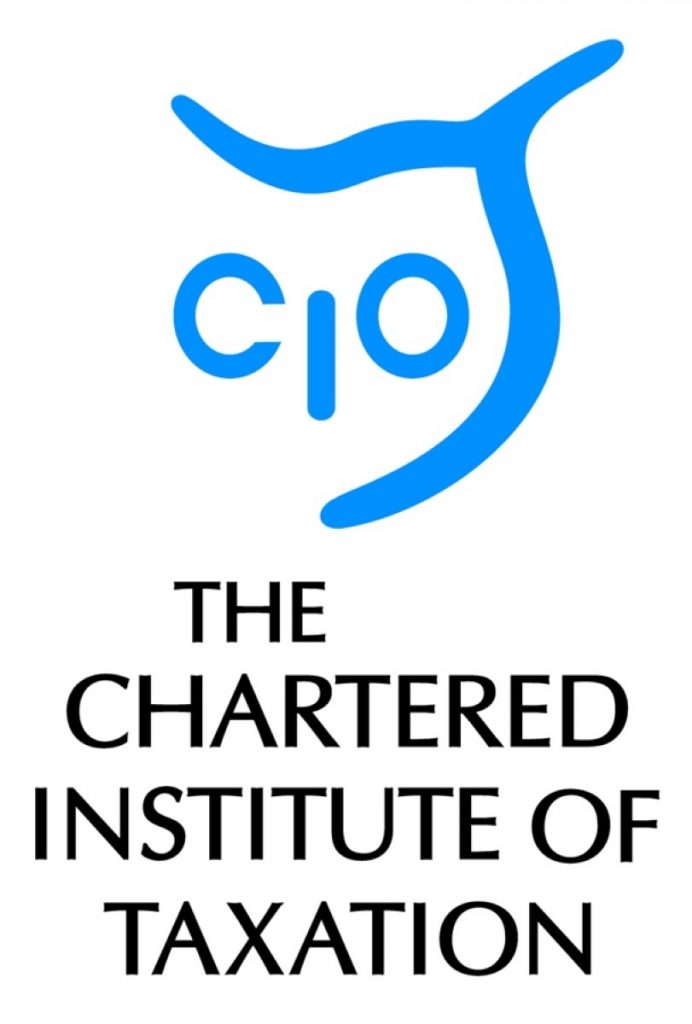CIOT: There’s always unexpected details in a Finance Bill
In amongst the 90+ measures in the draft Finance Bill are some points that many have missed. This is perhaps inevitable when there are over 1000 pages of draft legislation and explanatory notes.
Tax experts at the Chartered Institute of Taxation (CIOT) pointed to one potential catch and one potential helpful measure that may slip below people’s radar screens.
No exemption for pension contributions made for an employee’s family member
An employee might ask their employer to make pension contributions – perhaps via a salary sacrifice – on their behalf in respect of some family members. The aim might be to sidestep the £50,000 (soon to be £40,000) annual limit for contributions to approved pension schemes. The new measure stops employees gaining an advantage.
Treating a spouse as UK domiciled
Although most focus on UK residents who are non-domiciled is on how they might escape income tax, there are disadvantages for inheritance tax purposes where one party to a marriage (or civil partnership) is UK domiciled and the other is not. In such cases, the traditional IHT exemption for transfers between spouses is severely restricted, with the UK spouse only having exemption up to £55,000, for transfers to their non-domiciled spouse.
That exemption lever is being increased to £325,000 but there is a provision that allows the non-domiciled spouse/civil partner to go a step further and elect to be UK-domiciled for IHT purposes. That may be very helpful for those wishing to organise their estates though it is something to use with care: it cannot be revoked it seems. But it does not affect the general non-domiciled status.
Commenting, CIOT President Patrick Stevens said:
“It just shows how important it is to look at all the measures in a Finance Bill. With that in mind it is worrying how much material we have here that needs to be digested before April. But at least we have time to do that and the Government is to be congratulated in honouring its commitment to expose the legislation in draft.
“At least no tax adviser will be short of something to read over the festive season!”
Notes to editors
1. The Chartered Institute of Taxation (CIOT) is the leading professional body in the United Kingdom concerned solely with taxation. The CIOT is an educational charity, promoting education and study of the administration and practice of taxation. One of our key aims is to work for a better, more efficient, tax system for all affected by it – taxpayers, their advisers and the authorities The CIOT’s work covers all aspects of taxation, including direct and indirect taxes and duties. Through our Low Incomes Tax Reform Group (LITRG), the CIOT has a particular focus on improving the tax system, including tax credits and benefits, for the unrepresented taxpayer.
The CIOT draws on our members’ experience in private practice, commerce and industry, government and academia to improve tax administration and propose and explain how tax policy objectives can most effectively be achieved. We also link to, and draw on, similar leading professional tax bodies in other countries. The CIOT’s comments and recommendations on tax issues are made in line with our charitable objectives: we are politically neutral in our work.
The CIOT’s 16,500 members have the practising title of ‘Chartered Tax Adviser’ and the designatory letters ‘CTA’, to represent the leading tax qualification.
– ENDS –
George Crozier
External Relations Manager





-01.png)